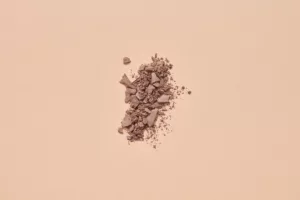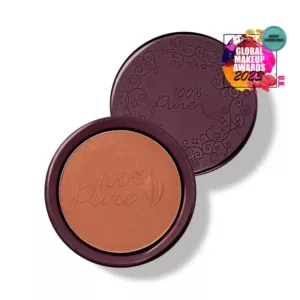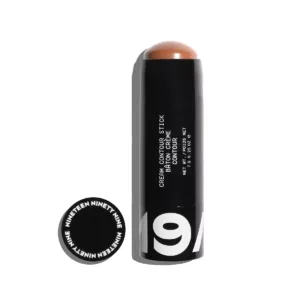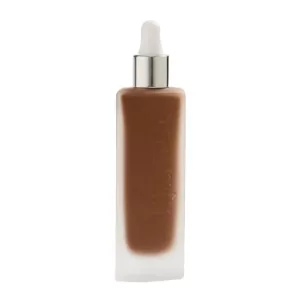Cream, Powder, and Liquid Comparison

Face contouring has become a popular technique in the beauty world for sculpting and defining facial features. It can give the illusion of higher cheekbones, a more defined jawline, and a slimmer nose. While contouring may seem intimidating at first, once you understand the basics and choose the right product, it becomes an effortless skill to master. In this blog, we will explore the three primary types of contouring products: cream, powder, and liquid. Discover the pros and cons of each, as well as tips on how to achieve a flawless, natural-looking contour.
Cream Contour
Cream contouring products are typically in stick or palette form and have a creamy, blendable consistency. They are an excellent option for those with dry or combination skin, as the creamy texture seamlessly blends into the skin without emphasizing dry patches. Cream contours offer buildable coverage, allowing for both subtle and dramatic contouring effects.
Pros of Cream Contour
a. Seamless Blending: Cream contours blend effortlessly into the skin, creating a soft and natural finish that mimics real shadows.
b. Hydration: The emollient nature of cream products provides added hydration to the skin, keeping it looking fresh and radiant.
c. Versatility: Cream contours can double as a concealer, making them ideal for those who prefer a multi-functional product.
Cons of Cream Contour
a. Longevity: Cream products might not have the same staying power as powders or liquids, especially in hot and humid conditions.
b. Application: Cream contours require a bit more precision during application, as they can easily smudge if not blended properly.
Powder Contour
Powder contour products come in a range of shades, from cool-toned to warm-toned, making them suitable for various skin tones. They are the preferred option for those with oily or acne-prone skin since powder products can absorb excess oil and reduce shine throughout the day.
Pros of Powder Contour
a. Long-Lasting: Powder contours tend to have better longevity than cream or liquid products, making them ideal for all-day wear.
b. Easy Application: Powder contours are beginner-friendly and can be quickly applied using a fluffy brush.
c. Matte Finish: If you prefer a matte look, powder contours are an excellent choice, as they provide a natural, non-greasy finish.
Cons of Powder Contour
a. Potential Dryness: For those with dry skin, powder contour can sometimes emphasize flakiness or settle into fine lines.
b. Less Versatility: Unlike cream or liquid contours, powder contours cannot be used as a concealer or for other makeup purposes.

Liquid Contour
Liquid contour products come in bottles with a wand or dropper for precise application. They have a lightweight, buildable formula that allows for seamless blending and a natural, dewy finish.
Pros of Liquid Contour
a. Easy to Blend: Liquid contours have a smooth texture that blends seamlessly into the skin, creating a soft, diffused effect.
b. Hydration: Like cream contours, liquid contours also offer additional hydration to the skin.
c. Customizable Coverage: Liquid contours can be layered to achieve the desired level of intensity, making them suitable for various makeup looks.
Cons of Liquid Contour
a. Settling into Lines: Some liquid contours might settle into fine lines or pores, requiring the use of a primer or setting powder to prevent this issue.
b. Drying Time: Liquid contours need a few moments to dry down completely, so quick and precise blending is essential.
Conclusion
In the world of face contouring, choosing the right product is key to achieving a flawless and natural-looking result. Cream, powder, and liquid contours all have their unique advantages and disadvantages, making them suitable for different skin types and makeup preferences. For those with dry or combination skin, cream and liquid contours provide added hydration and seamless blending. If you have oily or acne-prone skin, powder contour is your best bet for long-lasting, matte results.
Experiment with each type of contouring product to find the one that suits your skin type and desired look the best. Remember, practice makes perfect, and with time and patience, you’ll master the art of face contouring, enhancing your natural beauty and feeling confident in your makeup skills. Happy contouring!



